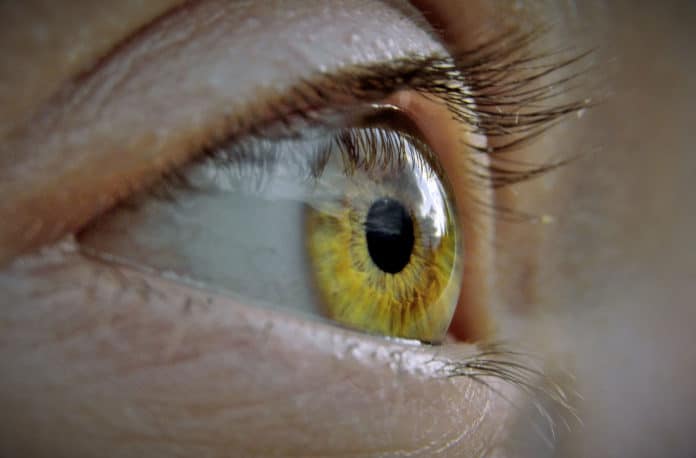Technological advancement has always been seen as an aid to human beings, and now a new technology promises bionic vision that could allow visually impaired or blind people to see again.
Pixium Vision SA, a bioelectronics company, has received the HealthTech Award 2020 for its bionic vision Prima System – a next-generation bionic vision technology designed to enable patients who have lost their sight to live more independent lives. The Prima System aims to elicit functional artificial, or bionic, vision in the form of light perception replacing partially the natural central vision loss.
The award, presented at the MedTech Forum 2021, recognizes the most promising game-changers developing emerging technologies for healthcare in Europe and is organized by the NOBEL Project and hosted by the MedTech Forum.
“We are tremendously proud to receive this HealthTech Award 2020 for the groundbreaking work being carried out with the Prima System,” said Lloyd Diamond, Chief Executive Officer of Pixium Vision. “The Prima System has demonstrated its potential to make a significant improvement to the quality of life of patients with dry AMD and this award recognizes its capacity to improve vision.”
The Prima System consists of a photovoltaic substitute of photoreceptors that allow the simultaneous use of the central prosthetic and peripheral natural vision in atrophic dry age-related macular degeneration (AMD).
The technology is still under development and is being studied in the pivotal PRIMAvera trial. Initiated in Q4 2020, the study aims to confirm the safety and the benefits provided by the Prima System and is the last clinical step before seeking market approval in Europe.
According to early tests, patients with dry AMD saw a significant improvement in vision when using the Prima System. This study has also shown that patients could simultaneously use prosthetic central vision generated with the Prima System and their remaining peripheral vision, an important step toward dry AMD treatment.
The objective is to make use of this technology to compensate for the serious loss in vision or retinal degenerative illnesses, thus improving the quality of life of visually impaired or even blind people.
